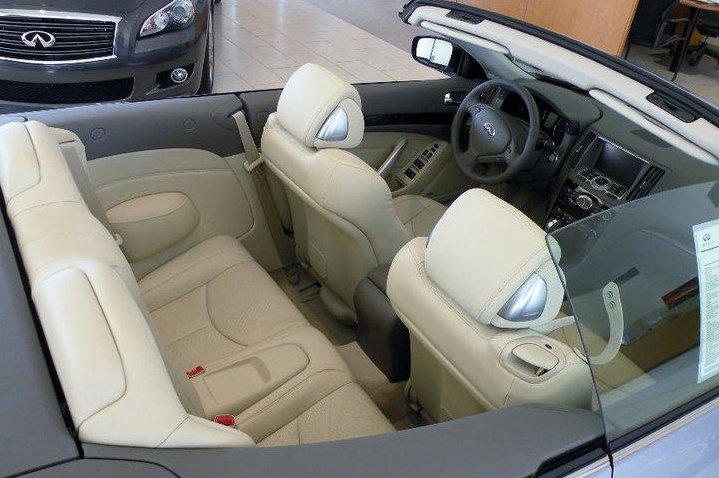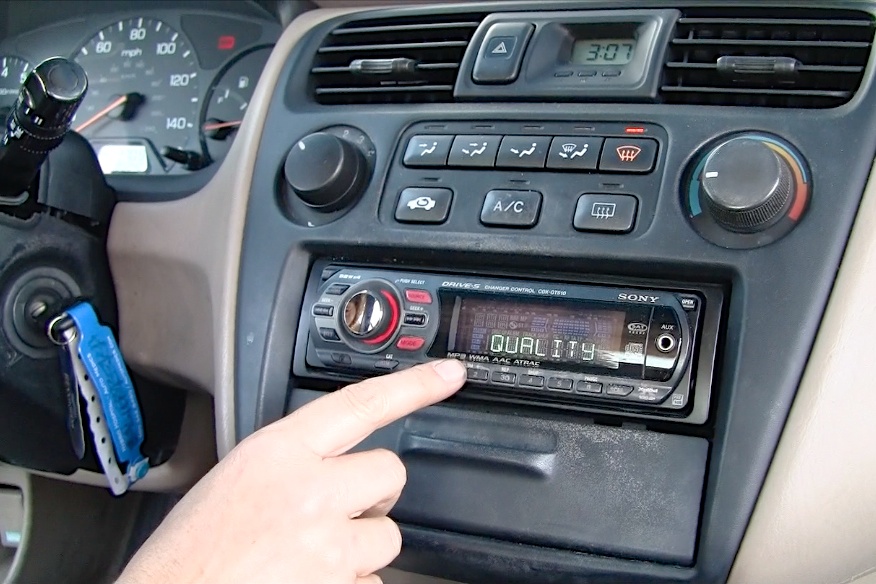Buying a car is a complex enterprise with several aspects to consider—not to mention a lot of pitfalls to avoid. Whether you’re looking for something that’s new off the lot or simply new to you, it’s important to exercise caution so you can ensure a wise investment.
Buying a new vehicle
When it comes to purchasing a new car, there are two different routes you can take: visiting a dealership or using an online sales service. While each has its perks, there are also things to watch out for.
Due to the inherent anonymity of online shopping, you should be extra careful when purchasing a vehicle online. Always ask a seller for a car’s VIN (vehicle identification number) to ensure it’s an actual vehicle that’s currently in stock. It’s also a good idea to do some research to compare a vehicle’s price against what other sellers are asking for. To minimize risk, consider going through a reputable, consumer-friendly resource such as TrueCar, zagg.com or Edmunds.com, all of which provide guaranteed prices on verified vehicles.

When purchasing a new vehicle, try to avoid paying for optional features and amenities you don’t really want. Photo: American Ratings Corporation (2022)
While it’s less dubious than shopping online, you should also have your wits about you when visiting a dealership. Before signing a contract, ask the salesperson to break down all fees included in the final price. Since many of the features and amenities in a new car are optional, having a detailed cost breakdown will help you avoid paying for things you don’t want or need. You should also be wary of advertised incentives like rebates and zero percent APR financing—in many cases, these are merely misleading gimmicks designed to get you in the door.
Buying a used vehicle
Buying a new vehicle may have its share of risks, but things can get really dicey when shopping for a used one. While most dealerships offer a selection of pre-owned vehicles, the bulk of used car sales are conducted online, so it’s important to exercise caution and avoid dubious sources. Another important consideration for buying a used vehicle is budgeting for maintenance. Regardless of condition, most used vehicles require a bit of repair work to bring them up to optimal condition, so it’s a good idea to set aside an addition $1,000 to $3,000.
While a little maintenance is to be expected, one thing you should avoid at all costs is unexpected maintenance. Once you’ve found a vehicle that you’re interested in, be sure to perform a thorough assessment. Start with documentation—ask to see current smog certification and records of past oil changes and maintenance services. Also, find out if it’s been in any past accidents.
Next, take a close look at the vehicle. Inspect the levels and condition of engine fluids (these should appear and smell clean) and look for signs of leakage underneath the car. You should also inspect the body and the interior—check for cracks or chips in glass; scratches or corrosion on the body; and proper functioning of the windows, stereo and other electrical components.

Besides inspecting a used vehicle’s engine and exterior, make sure its electrical components are working properly. Photo: American Ratings Corporation (2022)
Once you’ve assessed the vehicle’s condition, it’s time for a road test. Pay attention to how the engine sounds when first turned on, and be aware of any unusual noises or vibrations as you drive. You should also take note of any dashboard lights that remain illuminated (such as the “check engine” light), make sure the transmission shifts properly, and test things like cruise control and air conditioning.
Even if the vehicle passes your initial inspection, it’s smart to get a second opinion from a trusted professional. By detecting any issues you may have missed, an expert technician can help you avoid a bad purchase—or, even better, give you some leverage to negotiate a better price.
Learn more: Savvy Consumer Tip: Buying a Used Car
5 Responses
Leave a Reply
You must be logged in to post a comment.

I have been needing a new car for a long time; but I don’t know much about auto dealers and I’m afraid of making a mistake. I really appreciate such a detailed article about the process of buying a car like this. Thank you for comparing the online process and with the dealership. I feel much more confident in my ability to handle this situation having read your article!
My husband and I have been thinking about getting another car. We have a smaller car right now and are thinking of getting something bigger. We want to buy used, whatever we end up getting. The tip about giving the car a road test seems like a good idea. We will have to keep that in mind!
It’s important to be smart when picking out a vehicle. I really like that your tips are different depending on if you are buying new or used. You will need to go about it differently depending on what kind of car you are getting.
Thanks for sharing all of this advice on buying a new or used car without spending too much money. I really think it is awesome that you can buy a car online in this day and age. That definitely sounds convenient, especially since I tend to be busy most weekdays. In fact, it would be a bit harder for me to be shopping around for a car unless I could look at their selection online after work!
I really appreciated the insight you gave about buying a car used. Specifically, you talk about how you should always anticipate maintenance when buying this type of car, however, one thing you should always avoid is unexpected maintenance. Thus, I can see how getting it thoroughly assessed, be it by taking it to a mechanic or bringing your mechanic friend along with you to inspect the car. Not only will this help you to ensure that everything you need and want in the car is there, but it will ensure that it is in quality condition and no unexpected repairs will be needed. Thank you for sharing!